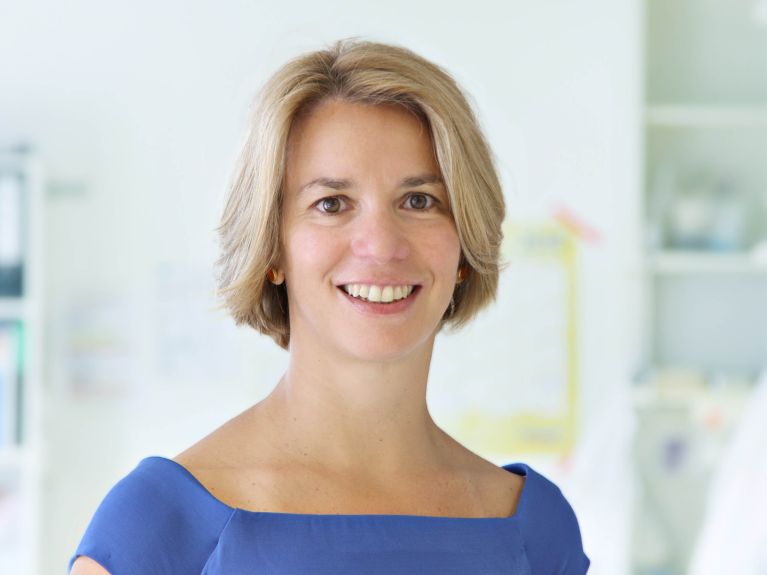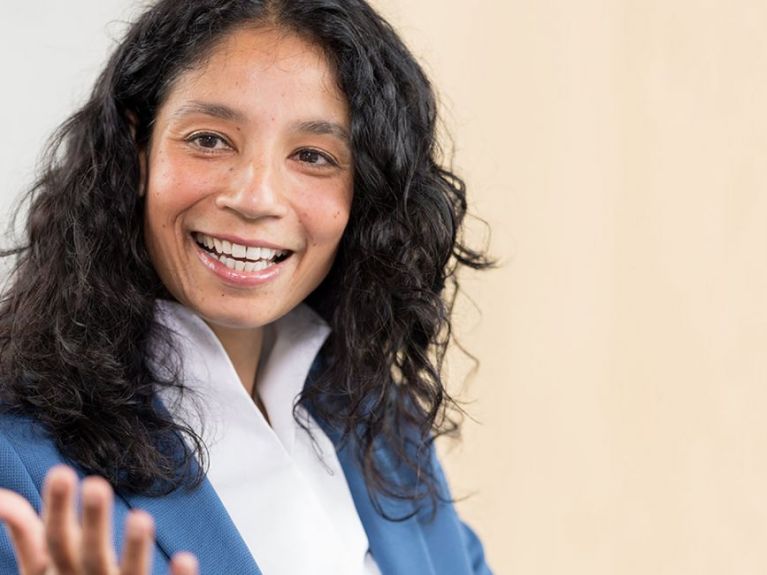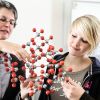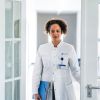The faces of research
Who in Germany is conducting research into key health topics? A portrait of three leading scientists

Professor Ana Martin-Villalba: Activating the self-healing powers of cells
When a person suffers a stroke or paraplegia, many of their cells die – even healthy ones. This makes the consequences of such diseases even worse. Ana Martin-Villalba from Spain wants to prevent cells from dying like this. And additionally to activate the self-healing powers of cells. She is conducting research at the German Cancer Research Center (DKFZ) in Heidelberg to discover whether this would be possible, and if so, how. Her great-grandfather also studied in this city on the Neckar river. A stem-cell researcher, she has already achieved a breakthrough, managing to make paraplegic mice move again.
Professor Christian Drosten: Inextricably linked with the coronavirus pandemic

Christian Drosten has been studying coronaviruses for nearly 20 years and is one of the world’s leading experts in this field. He has headed the Institute of Virology at the Charité hospital in Berlin since 2017, which is where he developed the world’s first test to detect SARS-CoV-2 in 2020. In Germany his name is inextricably linked with the pandemic because no-one else was able to explain what was happening as well as he could – as a Federal Government advisor and in an easily understandable podcast. Since 2018, Drosten has also been the scientific director of the interdisciplinary centre Charité Global Health. He was recently proposed by the World Health Organization (WHO) as a member of a new advisory council. An international body with 26 members, its job is to explore the origins of pandemics.
Dr Asifa Akhtar: Identifying the causes of a childhood disease

Her specialist field is epigenetics, which – to put it in simple terms – involves studying why the same gene becomes active in some people and not in others. Asifa Akhtar, who was born in Pakistan, is a pioneer in this area. At the Max Planck Institute of Immunobiology and Epigenetics (MPI-IE) in Freiburg, she conducts research on fruit flies, which has allowed her to identify the mechanisms that cause a rare childhood disease. In 2020 she was the first foreign woman to be appointed vice president of the Biological & Medicine Section of the Max Planck Society.
You would like to receive regular information about Germany? Subscribe here:


